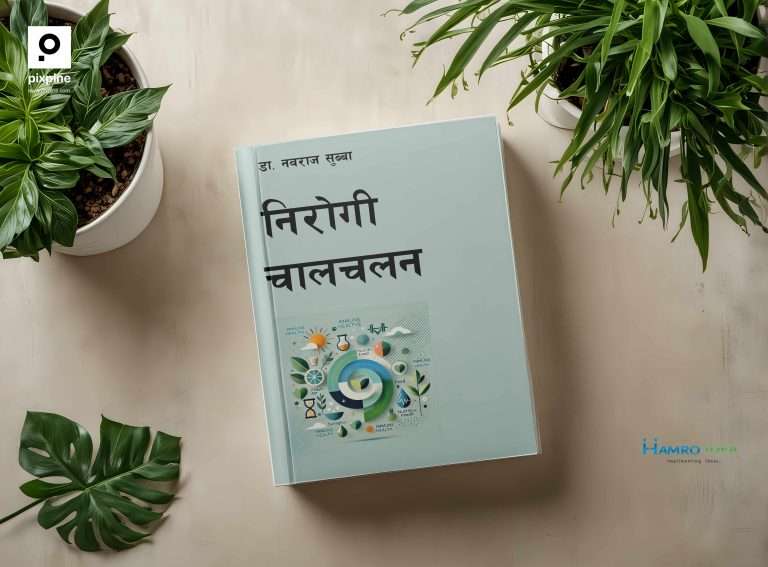नेपाली भाषा साहित्य संस्कृति
आलोचना र अनुसन्धान नेपाली भाषा, साहित्य र संस्कृति: बौद्धिक अनुसन्धानको नयाँ दृष्टि नेपाली भाषा साहित्य-संस्कृतिः आलोचना र अनुसन्धान” पुस्तक नेपाली वाङ्मय, संस्कृति र समाजको गहिरो अध्ययन हो। यस कृतिले केवल भाषा र साहित्यको चर्चा मात्र गर्दैन, बरु तिनका माध्यमबाट नेपाली समाजको बौद्धिक विकास पनि देखाउँछ। त्यसैले, यो पुस्तक नेपाली संस्कृति र साहित्यिक चिन्तन बुझ्नको लागि…




